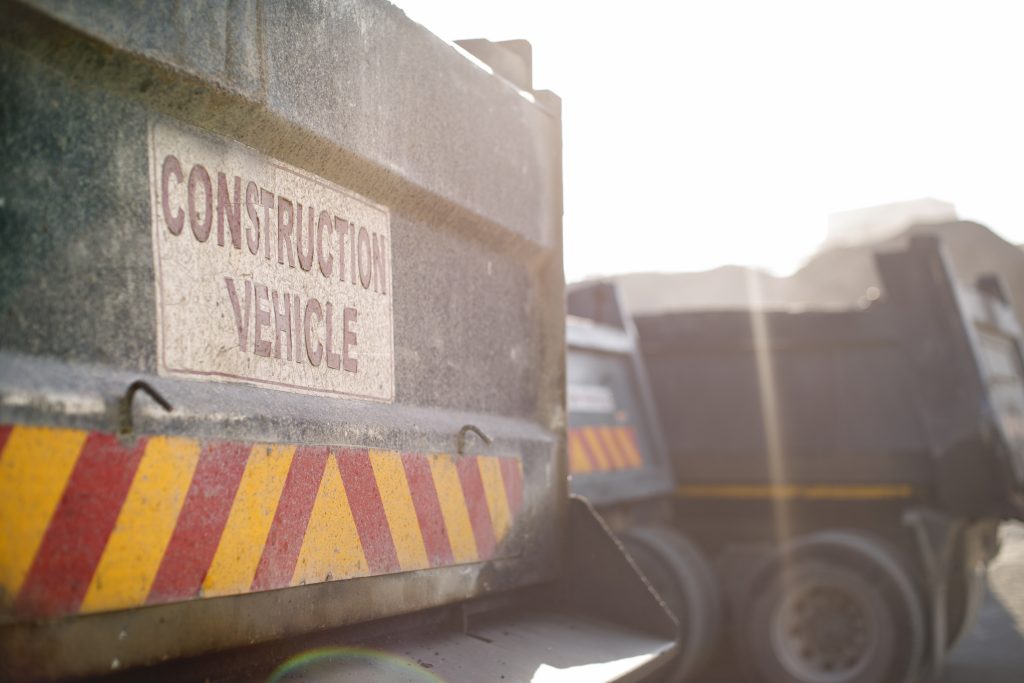 According to figures from State Regulators in New South Wales, only 10% of security officers in 2018 were women. While this may have increased, it’s still fair to say that in 2020 the security service is dominated by men and for many people, guarding is viewed as ‘men’s work’.
According to figures from State Regulators in New South Wales, only 10% of security officers in 2018 were women. While this may have increased, it’s still fair to say that in 2020 the security service is dominated by men and for many people, guarding is viewed as ‘men’s work’.
Those who claim that men are more suited to security because of physical characteristics such as height and strength, gravely misunderstand the complex role of a modern-day security officer. Long gone are the days when a security officer needed to look more like a burly bouncer that you’d find at the entrance to a nightclub. Instead, qualities such as empathy, communication, and industry knowledge are more critical to modern-day security sectors and highly valued by employers.
Why are women put off entering the security industry?
Some of the reasons women choose not to pursue security as a career are:
- Security is dominated by men
- Sexism is widespread in the security sector
- Security is perceived to be unsafe for women
- Being female will impede career progression
- A misconception that men are stronger and able
- Notable lack of female role characters particularly in high positions
- The belief that ‘female’ characteristics are viewed as being inferior
- Security doesn’t fit in with family life
- Perceived lack of opportunities for women within the security industry
- Evidence that females face bullying, sexual harassment, and higher levels of discrimination
While female security officers are qualified and trained to the same level as male security officers and can carry out traditional security services, there are advantages in certain situations for hiring and deploying female security officers.
Women security officers in female spaces
It almost goes without saying that there is a real need for women security officers. After all, women make up half of the population and have their own female spaces and unique security needs that require female security officers. Women can feel uncomfortable and intimidated by men entering female spaces such as changing rooms and bathrooms. For areas such as these, and for body searches, women aren’t just preferred, they’re required. A female security officer is viewed as less intimidating and more approachable by women as well as young people and children.
This gives female security officers a competitive edge over male officers, particularly when tasked with safeguarding vulnerable women and children. An all-female security team is beneficial in places like refuges where women have fled from violent partners and domestic abuse. It demonstrates a need for highly trained compassionate female security guards who can cater to women’s security and emotional needs and general well-being.
Women take a different approach
Women officers are often better at handling confrontation and preventing aggressive situations from escalating into violence. While a male security officer may have the advantage of brute strength, women often reach for diplomacy and problem-solving when faced with confrontation. This isn’t to say those female security officers aren’t as tough as their male peers, but it’s the perception of women that makes them better able to diffuse situations, particularly with men, without the need to resort to physical measures.
Varied roles require a diverse team
Modern security encompasses a wide range of services such as public, corporate and concierge security and CCTV surveillance. By having a diverse team, security companies can cater better to the needs of their clients. For example, an office might prefer a female concierge at front of desk whereas a club might prefer a beefy bloke. Every business is different, and each will have its own security requirements, with not all of them looking for a traditional security guard.
At MASG we actively encourage females to join our company. We strongly believe in a diverse workforce where everyone is given equal opportunities.
To find out more about a security role or to request a female security officer, get in touch with the friendly team at MASG or call us on 1300 020 406. We look forward to hearing from you.

